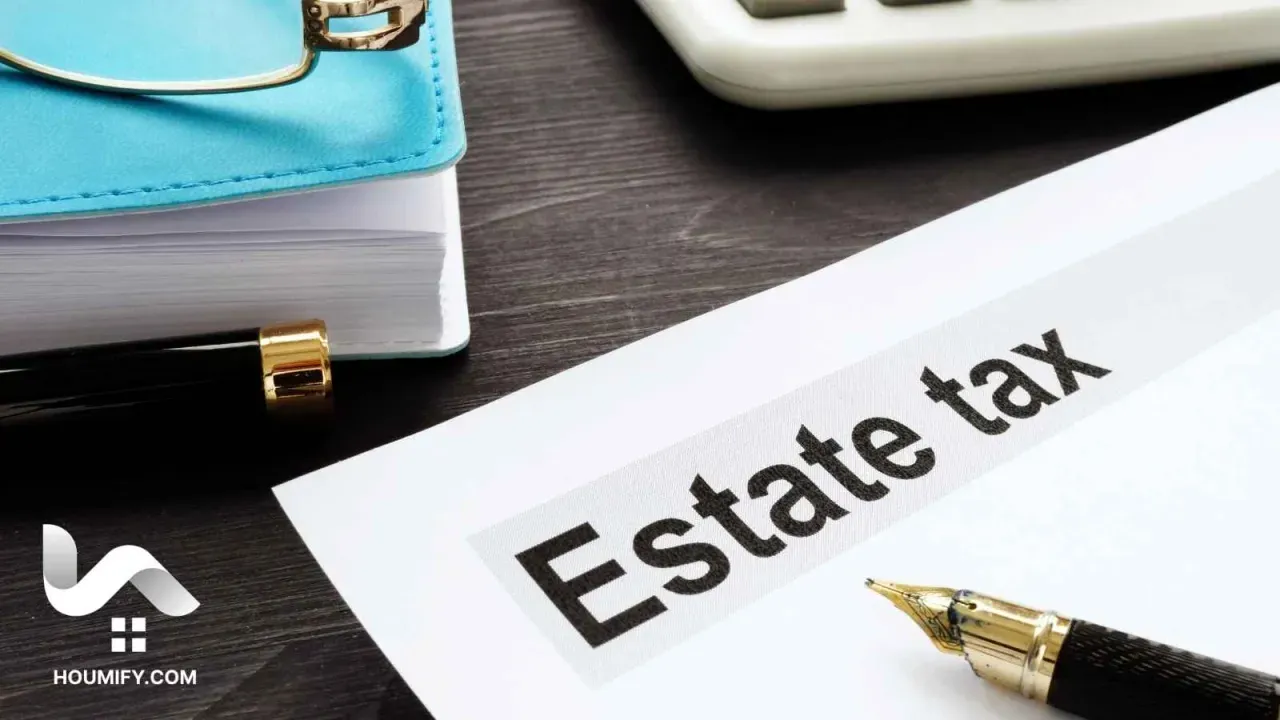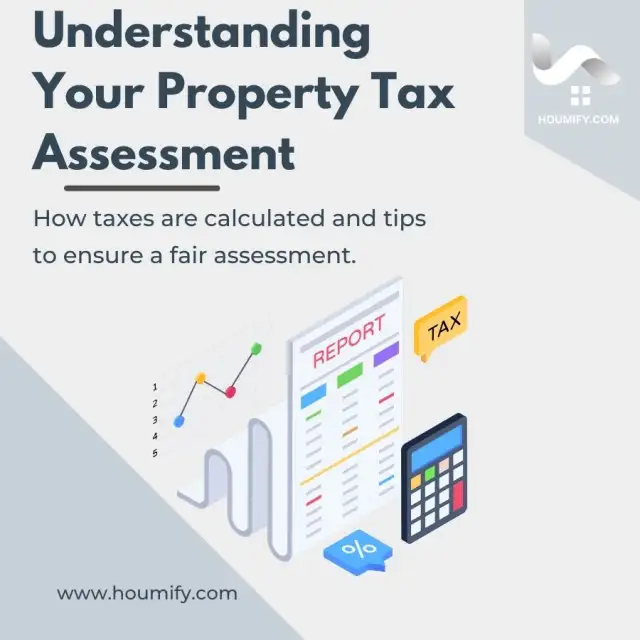Understanding Your Property Tax Assessment: How Taxes Are Calculated and Tips to Ensure a Fair Assessment
What Is Property Tax Assessment and Why It Matters
Property tax assessments are a cornerstone of homeownership, directly influencing the annual taxes you pay. These assessments determine your property’s taxable value, which is then used to calculate your property tax bill. For many homeowners, understanding this process can feel overwhelming, but it’s critical for ensuring fair taxation.
In this article, we’ll demystify how property tax assessments work, delve into the methods used by assessors, and share actionable tips to help you ensure your property is accurately valued. By the end, you’ll have the tools and knowledge to approach property taxes with confidence.
How Property Tax Assessments Are Calculated
The Role of Assessed Value in Your Tax Bill
At the heart of property taxation is your property's assessed value, which serves as the foundation for your tax calculation. Assessors determine this value based on factors like:
- Market value:The estimated price your property would sell for in a competitive market.
- Comparable sales:Prices of similar properties sold recently in your area.
- Property improvements:Renovations or additions that may increase your home’s value.
After determining the assessed value, a tax rate—also known as a millage rate—is applied to calculate your property tax bill. For example, if your property’s assessed value is $200,000 and the tax rate is 1.5%, your annual tax would be $3,000.
Factors That Can Influence Assessment Accuracy
While assessors aim to value properties fairly, errors can occur due to:
- Outdated property records.
- Inaccurate neighborhood comparisons.
- Overlooked exemptions or deductions.
Understanding how these factors impact your property tax assessment is essential for ensuring accuracy and fairness.

Common Issues Homeowners Face With Property Tax Assessments
Overvaluation
An overvaluation occurs when your property is assessed at a higher value than its true market worth. This can lead to unnecessarily high tax bills.
Undiscovered Exemptions
Homeowners may qualify for exemptions—such as those for senior citizens, veterans, or primary residences—but fail to claim them due to a lack of awareness.
Inconsistent Comparisons
Sometimes, assessors may use inappropriate or outdated comparables when calculating your property’s value.
Tips for Ensuring a Fair Property Tax Assessment
1. Verify Your Property Records
Start by reviewing the property assessment report provided by your local tax authority. Check for discrepancies in:
- Square footage.
- Number of bedrooms and bathrooms.
- Additional features like a pool or garage.
2. Compare Your Property to Similar Homes
Research recent sales of similar properties in your neighborhood. If comparable homes are valued lower than yours, it could be grounds for a reassessment.
3. Understand Available Exemptions
Investigate whether you qualify for exemptions, such as:
- Homestead exemptions:For primary residences.
- Senior citizen exemptions:Available in many jurisdictions.
- Special exemptions:For veterans or disabled homeowners.
4. Appeal If Necessary
If you believe your assessment is inaccurate, most jurisdictions allow you to file an appeal. Gather evidence such as recent appraisals or sales data to support your claim.
5. Stay Proactive About Property Changes
Report significant changes, such as damage that lowers property value, to ensure your assessment reflects current conditions.

Best Practices for Navigating the Property Tax Process
Keep Communication Open With Your Local Assessor’s Office
Your local assessor’s office is an invaluable resource for clarifying questions and addressing concerns about your property’s valuation.
Educate Yourself on Local Tax Policies
Tax laws and exemptions vary by location, so familiarize yourself with your area’s specific policies to maximize potential savings.
Schedule Regular Reviews of Your Assessment
Make it a habit to review your property assessment annually. This ensures you catch errors or miscalculations before they impact your tax bill.
Wrapping Up of Empowering Yourself to Ensure Fair Property Taxes
Understanding your property tax assessment doesn’t have to be daunting. By learning how assessments are calculated and taking proactive steps to verify their accuracy, you can avoid overpaying and ensure fair treatment. Start by reviewing your property records, researching comparable sales, and exploring available exemptions.
If you found this guide helpful, share it with others who might benefit. Have questions or personal experiences with property tax assessments? Leave a comment below—we’d love to hear from you!

Frequently Asked Questions About Property Tax Assessments
Q: What is the difference between assessed value and market value?
A:Market value is your property's potential sale price, while assessed value is used to calculate your taxes, usually a percentage of the market value.
Q: How often are property tax assessments conducted?
A:It varies. Some areas assess annually, while others do it every few years. Check with your local tax authority.
Q: What should I do if I disagree with my property tax assessment?
A:File an appeal with evidence like comparable sales or an independent appraisal.
Q: Can home improvements increase my property tax assessment?
A:Yes, major upgrades can increase your assessment, but routine maintenance usually does not.
Q: Are there ways to reduce my property tax bill?
A:Yes, apply for exemptions, ensure accurate records, and appeal overvaluations.
Q: Is it possible for my property taxes to go down?
A:Yes, through reduced assessed value, exemptions, or a successful appeal.
Learn more:
